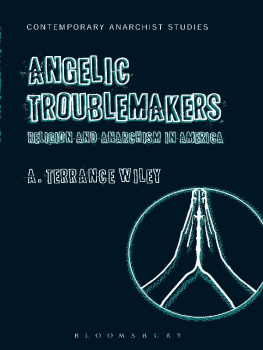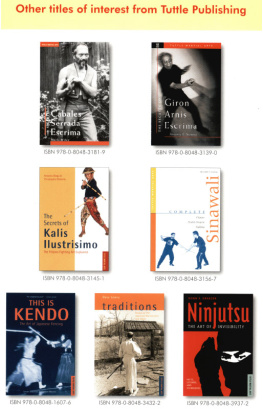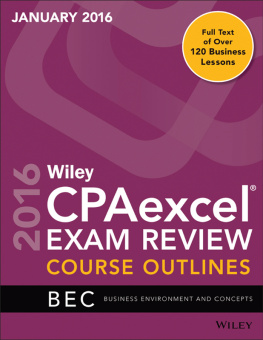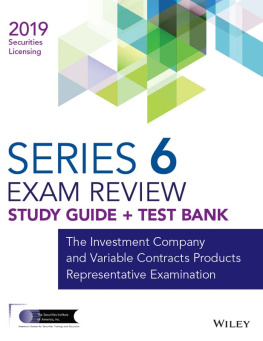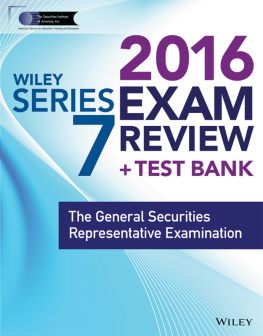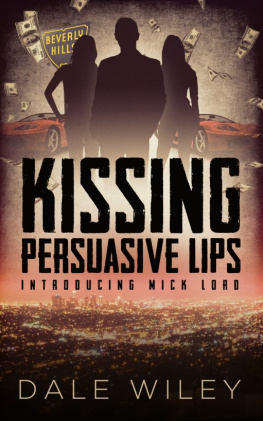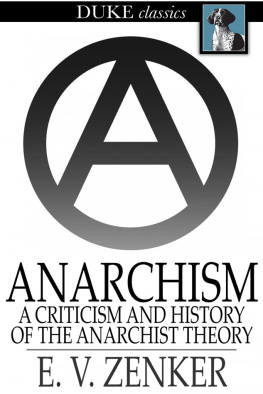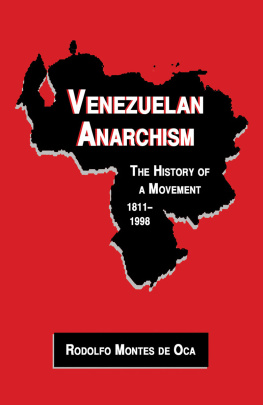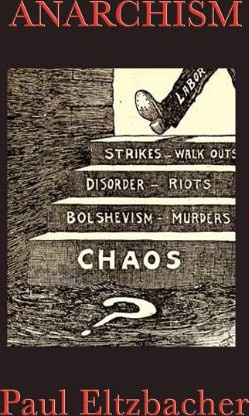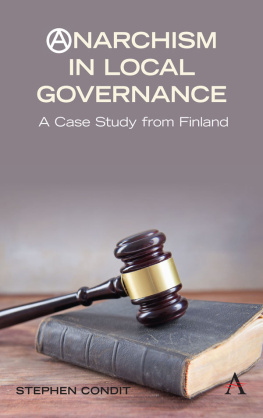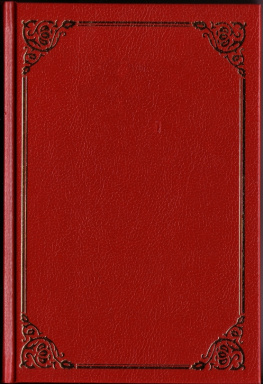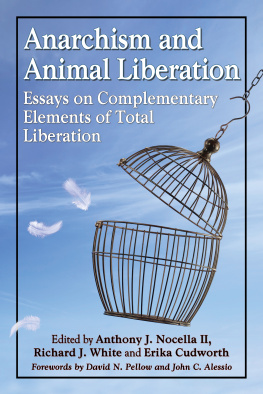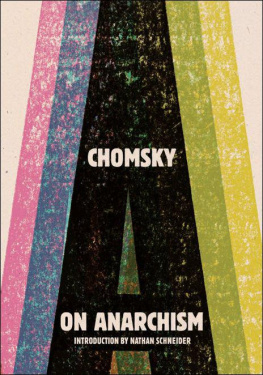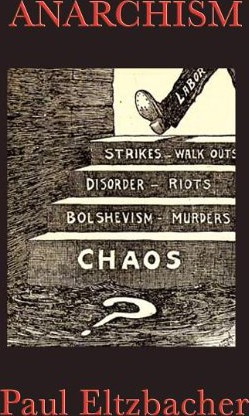Angelic Troublemakers
CONTEMPORARY ANARCHIST STUDIES
A series edited by
Laurence Davis, National University of Ireland, Maynooth
Uri Gordon, Arava Institute for Environmental Studies, Israel
Nathan Jun, Midwestern State University, USA
Alex Prichard, London School of Economics, UK
Contemporary Anarchist Studies promotes the study of anarchism as a framework for understanding and acting on the most pressing problems of our times. The series publishes cutting edge, socially engaged scholarship from around the worldbridging theory and practice, academic rigor and the insights of contemporary activism.
The topical scope of the series encompasses anarchist history and theory broadly construed; individual anarchist thinkers; anarchist-informed analysis of current issues and institutions; and anarchist or anarchist-inspired movements and practices. Contributions informed by anticapitalist, feminist, ecological, indigenous, and non-Western or global South anarchist perspectives are particularly welcome. So, too, are manuscripts that promise to illuminate the relationships between the personal and the political aspects of transformative social change, local and global problems, and anarchism and other movements and ideologies. Above all, we wish to publish books that will help activist scholars and scholar activists think about how to challenge and build real alternatives to existing structures of oppression and injustice.
International Editorial Advisory Board:
Martha Ackelsberg, Smith College
John Clark, Loyola University
Jesse Cohn, Purdue University
Ronald Creagh, Universit Paul Valry
Marianne Enckell, Centre International de Recherches sur lAnarchisme
Benjamin Franks, University of Glasgow
Judy Greenway, University of East London
Ruth Kinna, Loughborough University
Todd May, Clemson University
Salvo Vaccaro, Universit di Palermo
Lucien van der Walt, University of the Witwatersrand
Charles Weigl, AK Press
Angelic Troublemakers
Religion and Anarchism
in America
A. Terrance Wiley

CONTENTS
This project began as a dissertation at Princeton University and it would not have been completed without the many fellowships, mentors, and friendships that came during my years in graduate school. I have a hard time believing that anyone could have a better dissertation committee than I had. I would repeat graduate school three times if they would have me. Eddie Glaude, Eric Gregory, Albert J. Raboteau, Jeffrey Stout, and Cornel West each provided instructions, issued challenges, voiced encouragement in ways that have made me a more thoughtful person, a more careful writer, and this project much stronger than it would have otherwise been, with Glaude and Stout providing especially instructive comments on each draft. Glaude, Stout, and Wests respective projects underpin this work at almost every turn and, while they might not recognize it, this is a work in prophetic pragmatism.
Turning the dissertation into a book was hard; but it was much easier with the support that I received from colleagues and students at Carleton College. With this in mind, I would specifically like to thank Dorothy Broom for providing a financial gift to Carleton College that allowed the college to support this project with professional development grants and a much-needed course release during the 201011 academic year. Michael McNallys and Bev Nagels support during my time at Carleton is something that I will always cherish. The same can be said of the exhilarating intellectual exchanges about anarchism, American politics, and religion that I had with students such as Jessie Rothman, Nick Welna, Jaclyn Bovee, Brooke Granowski, Kendall Bills, and Matthew Fitzgerald.
Now that Im a teacher, it is even clearer how fortunate I am to have studied with Howard Campbell, Alfonso Morales, Maceo Dailey, Pervis Brown, Abraham Smith, Lonnie Kliever, Richard Cogley, Johan Elverskog, Theodore Walker, David Luban, and Robin Lovin. They each shaped my thinking in ways that show up in this book.
Special thanks are due to Robin Lovin, who has probably done more than any other teacher to usher along my academic career. This includes writing recommendation letters at critical points, hosting me during office hours, fielding countless phone calls about this or that, and reading multiple drafts of this manuscript. I will continue to draw from his comments and example as I move forward.
I also benefited immensely from critical suggestions on portions of the manuscript made by Seth Moglen, James Peterson, Lori Pearson, Inese Radzins, Mairaj Syed, David Luban, Anthony Cook, Robert George, Kevin Wolfe, Margaret Mitchell, James Martel, and Joseph Winters. Molly Farneth and Michael Raposa both commented on the entire manuscript in ways that helped me hone my ideas, argument, and prose. These model colleagues humble and inspire.
The same and more could be said about Anthony Pinn. As a practical matter, this book would have never been published without his support. Pinn read an early draft of this manuscript and balanced celebration with constructive criticism; he also forwarded it to an editor at Bloomsbury.
Eventually, the manuscript landed in Uri Gordons inbox and I am happy that it did. Gordon has provided steady encouragement, edifying advice, and a wonderful example of how to marry philosophical passion with a social justice impulse. My own effort and concern to marry that passion and impluse made Bloomsbury an ideal home for my first book. And I am grateful for Bloomsburys commitment to engaged scholarship. I also thank editors Ally Jane Grossan and Kaitlin Fontana for their support and patience, and the anonymous readers for the helpful reports written during the proposal process.
And what a process it has been. I have lost and made friends. Thank the gods for friendship. Sharing time with persons such as Davion Chism, Bright Limm, Kimberly Kim, Torry Winn, Kyung Ji Rhee, Alan Borelli, Andrea Jones, Ernest Mitchell, and Molly Farneth has made it easier to keep my head up, to keep on writing when I did not want to, and to smile at that.
Family has been important too. My parents Terry and Alvin Wadley have provided unconditional love and consistent support from the first. Conversations with them during graduate school and the writing of this manuscript kept me hopeful and grounded. Periodic phone calls from my grandma, Helen Wiley, and aunts Lynn, Beverly, Darlene, and Pat were also vital sources of support.
No one has been as supportive as the only person who is as relieved as I am that I have completed this project. Terri Elizabeth Wiley (Lil Mama) is so good to me. She helped keep me focused. She sometimes exaggerated in the name of love. She edited citations. She proofread drafts, and read and re-read subsequent drafts aloud. She pretended that she was not bored by talk of prima facie duties. But more than helping me with the actual writing, she loves me and is trying to help me gather myself, the tattered pieces. I give thanks to her for this. More than what she does for me, though, is what she represents as an educator and social reformer. She represents well and keeps alive the tradition of Sojourner Truth, Elizabeth Peabody, Anna Cooper, Septima Clark, and other deep-lovers of children. Her devotion to living a life of service to those in need stirs my soul and leaves me (almost!) speechless. The depth of her love for persons helps me believe in possibilities.
Next page
